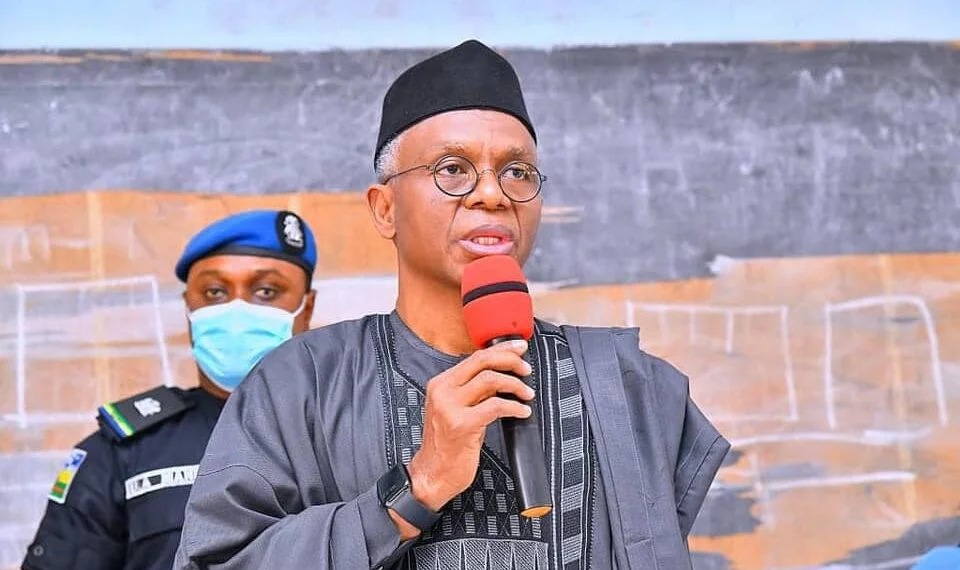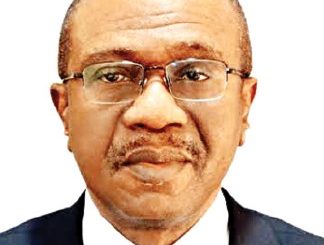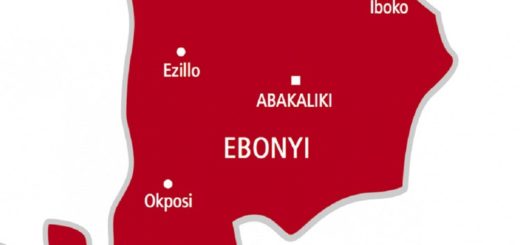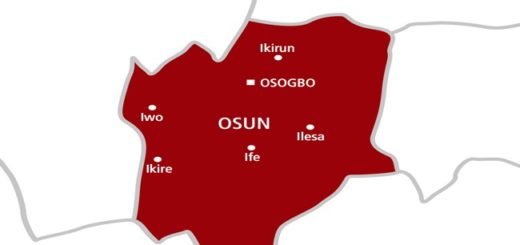Nasir El-Rufai Claims Government Plans to Detain and Intimidate Him
 Nasir El-Rufai, the immediate-past Governor of Kaduna State, has raised alarm over an alleged plot by the government to arrest, detain, and torture him, similar to what is said to have happened to former Central Bank Governor, Godwin Emefiele. The former governor, a prominent member of the ruling All Progressives Congress (APC), claims that his outspoken criticisms of the government have led to plans for his detention in a dungeon at the office of the National Security Adviser, Nuhu Ribadu.
Nasir El-Rufai, the immediate-past Governor of Kaduna State, has raised alarm over an alleged plot by the government to arrest, detain, and torture him, similar to what is said to have happened to former Central Bank Governor, Godwin Emefiele. The former governor, a prominent member of the ruling All Progressives Congress (APC), claims that his outspoken criticisms of the government have led to plans for his detention in a dungeon at the office of the National Security Adviser, Nuhu Ribadu.
El-Rufai made these claims in response to a post from one of his supporters, Imran U. Wakili, who raised concerns on social media about rumors of an imminent arrest. The former governor revealed that he had received messages about the plot from his friends, family, and political associates.
“I have been hearing rumors of arrest, detention, and torture in some dungeon in the NSA’s office since July 2024, when the so-called report of the Kaduna Assembly began circulating,” El-Rufai said. He added that the government had attempted to intimidate him and pressured him to self-impose exile in order to silence his dissent.
He dismissed the threats, saying he would not flee the country, emphasizing his commitment to stay and continue his political activism. “I will not go into self-imposed exile. I have put my academic and language-learning plans on hold to remain in Nigeria more than ever before. Silence is no longer golden; inaction is never an option.”
El-Rufai pointed out that the tactics of arrest, detention, and torture were not new in political life. He reflected on his own past experiences, having been arrested and detained three times for expressing his views on previous administrations. “There is always a morning after the arrest, detention, or torture,” he said, asserting that political life moves forward regardless of such challenges.
The former governor, who lost his bid for a ministerial position after the Senate rejected his appointment over security concerns, has remained vocal in his criticism of the Federal Government. His criticisms have extended to his successor, Governor Uba Sani, over alleged mismanagement within the state, with some officials of the former administration under investigation.
At a recent democracy conference in Abuja, El-Rufai criticized the leadership emerging from Nigerian political parties, describing the state of governance and opposition as a “national emergency.” He urged opposition parties to unite and form a broad coalition to challenge the ruling party, drawing criticism from the Special Adviser to the President on Policy Communication, Daniel Bwala, who questioned whether El-Rufai would have been critical if he had secured a cabinet position.
Additionally, El-Rufai weighed in on a verbal spat between former PDP chieftain Naj’atu Muhammad and Nuhu Ribadu, accusing Ribadu of amnesia over comments he allegedly made about President Bola Tinubu’s corruption during his tenure as EFCC chairman. El-Rufai backed Muhammad’s claims, stating that Ribadu had indeed made these remarks in 2006, a position reaffirmed by reports from Daily Trust in 2007.
Both El-Rufai and Ribadu had served under former President Olusegun Obasanjo, with Ribadu as the EFCC chairman and El-Rufai as the Bureau of Public Enterprises chairman and later the Minister of the Federal Capital Territory.
In his post, El-Rufai also reflected on his past experiences with arrest and detention, emphasizing that the persecution of political opponents is a common strategy in many political systems. Despite the threats, he vowed to remain in Nigeria, undeterred by the risk of arrest, torture, or even death.













